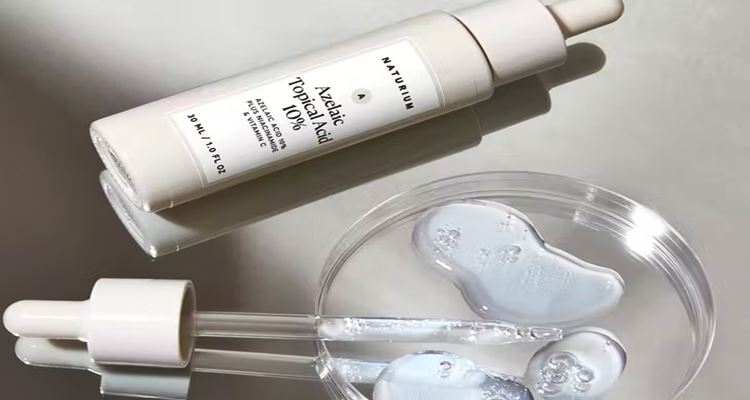Is using azelaic acid good for the skin? Here are some things to know about this.
AZELAIC ACID – These are some important things to know about azelaic acid before using it as a topical to your skin.
This skin is an important part of the body. Not only that it is the largest organ but it is also the one protecting the body from germs and regulating the body temperature.

And among the things found in the skin is a fungus called Malassezia furfur. It grows in the skin naturally where azelaic acid is found. Sounds familiar? You have surely seen or read it somewhere.
Azelaic acid is found in some over-the-counter products. It is found in gels, foams, cream, and pills and this acid is known for its antibacterial and anti-inflammatory properties. Apart from these products, this compound is also found in wheat, rye, and barley,
It can kill bacteria causing acne on the skin. It can also counter the effects of free radicals or neutralize them which in turn, lowers the inflammation. Among its benefits also include preventing the development of hyperpigmentation in the skin or the dark patches.
Jeanine Downie, MD, a board-certified dermatologist in New Jersey said, according to NBC News, that this acid is a tyrosinase inhibitor which means it can prevent hyperpigmentation to happen. Downie recommends using this to improve hair bumps, pimples, and to even skin tone.
She added that this is great for people with combination or oily skin that’s not so sensitive.
Cosmetic Dermatologist Paul Jarrod Frank, MD, stated this is a “more gentle exfoliant” compared to other alpha hydroxy acids (AHAs) such as glycolic, lactic, and mandelic acids. He also does not strongly recommend to layer it with Beta Hydroxy Acids (BHAs) like salicylic acid as it would only result in dryness and irritation.
But as you use this acid, experts highly suggest religious use of sunscreen as slight exposure to UV light may waste all your efforts and promote pigmentation.
Medline Plus listed these possible side effects.
- itching
- burning
- stinging
- tingling
- tenderness
- dryness
If these symptoms get severe, you should tell your doctor right away. In some cases, the side effects can be serious like swelling of the face, throat, tongue, lips, and eyes, difficulty swallowing or breathing, hoarseness, rash, and hives. If you have suffered any of this after application, seek medical help.
READ ALSO:
- Ginger Tea Benefits – What Are The Health Benefits Of Ginger Tea?
- Parabens – What Are Parabens and Is It Not Good For The Skin?
What can you say about this? Let us know!

